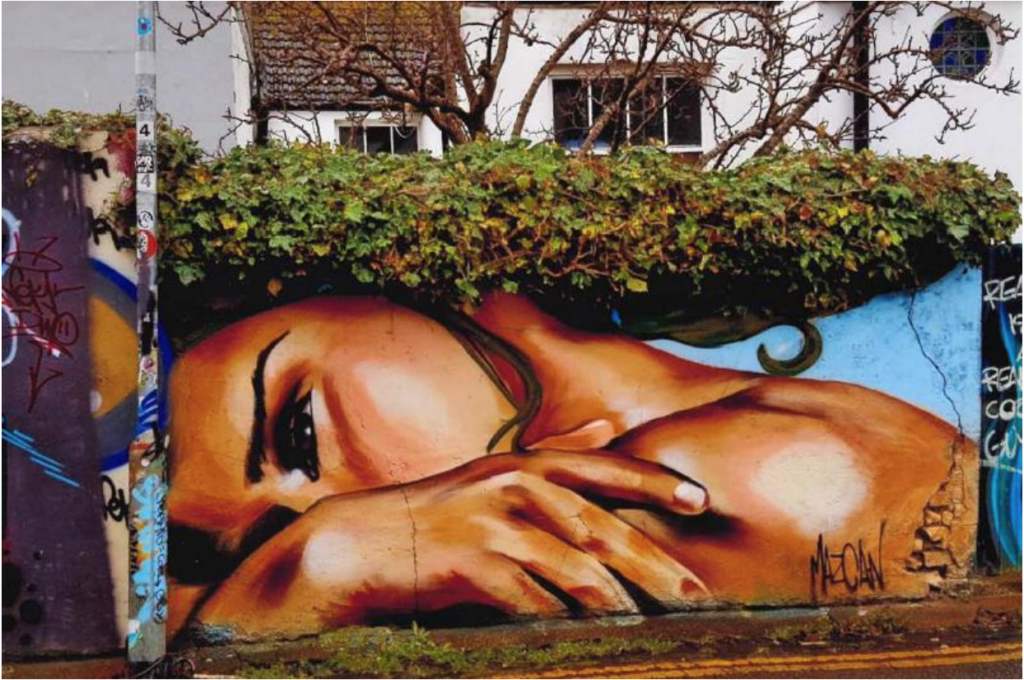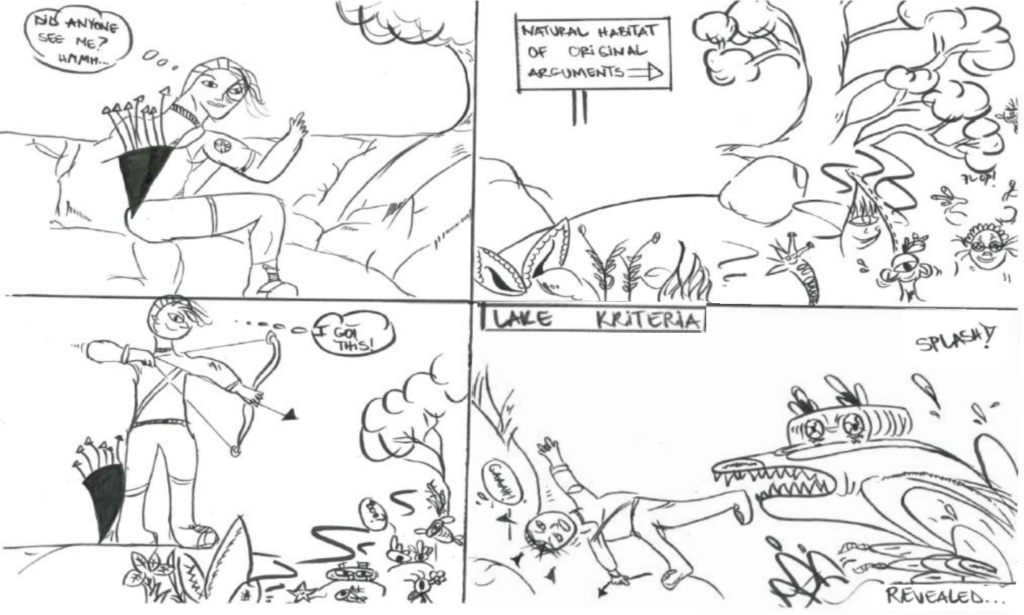This post is written by Ilaria Alessandrelli and Yuvinka Ribero Hurtado, 3rd year students in Anthropology and International Development. It is written as part of our blog series on ‘Anxieties and Mental Health During Stressful Academic Times’.
*The views in the following article are the personal views of the author and are not an official position of the School.*
Do you remember how you used to imagine University life? Not the frenzy of freshers’ week, but the everyday routine you would settle into after the first month, to slowly but surely work towards achieving a degree. While completing my A-level qualifications, university appeared in my mind as a space where the abyss that had separated theoretical from practical knowledge throughout my educational journey would finally be filled. I imagined that peer-led debates, participatory workshops and case study evaluations would provide me with a creative approach to real-life problems by incorporating analytical issues centered on ‘why’ questions and pragmatic concerns focused on feasible solutions. However, it is only after studying Anthropology for three years that I have found this space where I can approach my personal and academic journey at Sussex as a legitimate source of insights on the fundamental contradictions underpinning the British Higher Education System. Here is what I have noticed about the inner-workings of university when I applied the two anthropological principles that ‘lived experience’ must be taken seriously and subjective emotions can be epistemologically productive to my own experience as a student at Sussex.
Compulsory Education vs. Higher Education, or the Pain of Identity Negotiation

“I thought studying Anthropology and International Development would make me happy. But that feeling of happiness didn’t come, instead, anxiety came knocking at my door. When I began doubting the soundness of the very system of higher education, my world collapsed on itself. My doubts on the validity of the teaching methods of this institution filled me with desperation. I wish I had had the strength to ask myself ‘which shape of knowledge do I value?’ ‘how can I achieve it?’ ‘what would its purpose be?’ But doubting my life choices brought so much pain it took away my potential to become a successful student and a healthy human being. To adapt to the new academic environment, I couldn’t ask myself these questions, or indeed any questions.” —(extract from a message sent to a friend in 11/07/2017)
This is what I wrote in my first honest reply to the question ‘how are you finding university?’ It took me a long time before being able to pin down what was it that made me doubt ‘the soundness of the higher education system’. Part of the problem was growing up in an academic environment that defines knowledgeability as the amount of data students can recall on any given topic. In this model of education, seemingly neutral narrative strategies (e.g. chronological order) are employed to generate ‘objective’ descriptions of reality. A student’s chief duty is being able to reproduce in spoken and written form all information that has hitherto been selected as expressing universal ‘truths’ about the world and the human condition. Today, I believe this approach to knowledge fails to depict phenomena objectively. It simply creates an illusion of ‘perfect objectivity’ by obscuring the subjective judgments made in the process of selecting and collating data.

The Joy of Participatory Learning and The Agony of Essay Writing
I came to these conclusions gradually, due to my prolonged exposure to Sussex teaching practices. Rejecting definitions of knowledge centered on the accurate memorization of large bodies of information was a painful process. It stripped my efforts to conform to the education system in which I was raised of any value. However, by taking part in the scheduled peer-led seminars and workshops, I started believing in the power of participatory learning processes. Once the need to repeat what the greatest thinkers have previously written is forgotten, students can freely engage in the co-production of ideas that are truly representative of their doubts, concerns and experiences. This is the first step towards the creation of an inclusive learning process that helps individuals make sense of their surroundings and their own circumstances. Ideally, this should bring some understanding of what we hope to change about the present and how to act on such understanding outside the classroom.
My time at Sussex made me reconceptualise knowledge as the collective endeavour to understand human life in its full material, emotional and spiritual depth and co-produce feasible solutions to real-life issues. Having to structure the weekly study routine around preparing my meaningful contribution for peer-led seminars, encouraged me to place great value on the opportunity to actively participate in knowledge-production processes. However, embracing this new conception of knowledge made me realise that the current assessment structure does not mirror the values Sussex’ curriculum is based on. In fact, despite advocating for participatory learning approaches, this university does not even assess individual seminar attendance and contribution. Essay-writing emerges as a champion over all other modes of assessment. Over the years, the importance of alternative assessment criteria (e.g. exams, presentations, learning diaries and blog articles) capable of measuring students’ proficiency across a wider spectrum of skills, gradually shrinks. Finally, dissertations come to represent 100% of a student’s overall capability and intellectual engagement with their university degree. In practice, to embody the ‘successful student’ becomes repressing one’s genuine interests in favour of focusing on essay-writing and the quest for original arguments.
Coming to terms with my values
Even though resisting this view of higher education as mere essay writing sometimes resulted in anxiety or depressive episodes and increased academic pressure, I decided to have faith in my view of what it means to be a successful scholar. That is, an individual who can creatively combine theoretical and practical knowledge to bring about a more inclusive future in which a greater number of persons people can pursue the kind of existence they most value. This led me to be proactive in engaging with local institutions addressing environmental and social issues in Brighton, in order to gain a practical understanding of the challenges analysed within the classroom. I took part in participatory workshops and debates on campus to discover alternative forms of knowledge, such as that described by Professor Mario Novelli, produced by social movements. More importantly, I have taken the opportunity to co-write this blog piece with a colleague, who has sincenow become a friend, to make the reflections stemmed from my academic and non-academic experience at Sussex available for others who might be attempting to make sense of and overcome feelings of frustration and anger. This collaboration has encouraged a healing process and made me re-think my career aspirations.
Today, after almost three years of navigating academia, I can say that the determination to act upon existing inequalities and make change happen by joining forces with other students, I have cultivated in the face of a hostile higher education assessment structure will be my greatest achievement at Sussex.


Leave a Reply